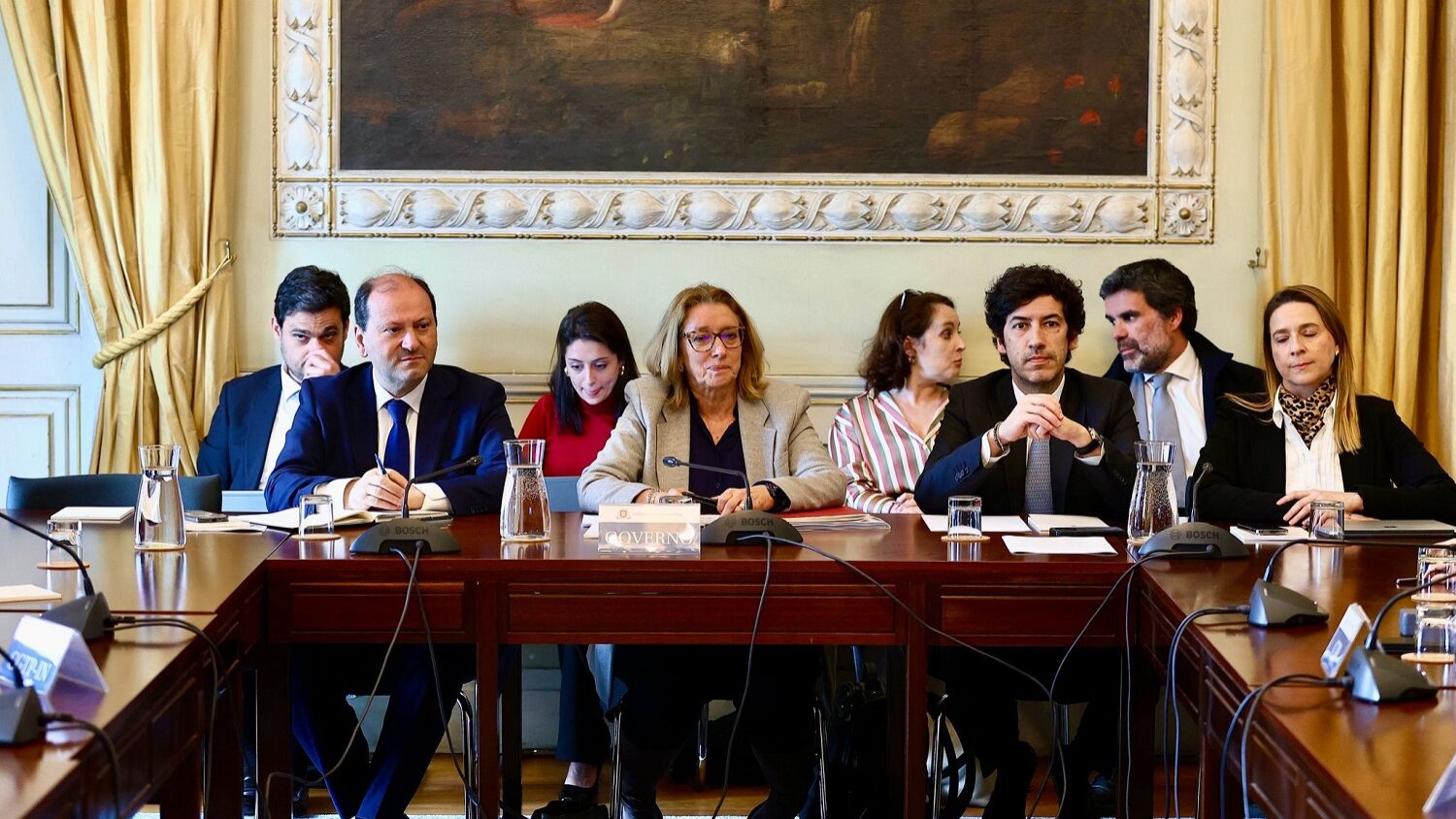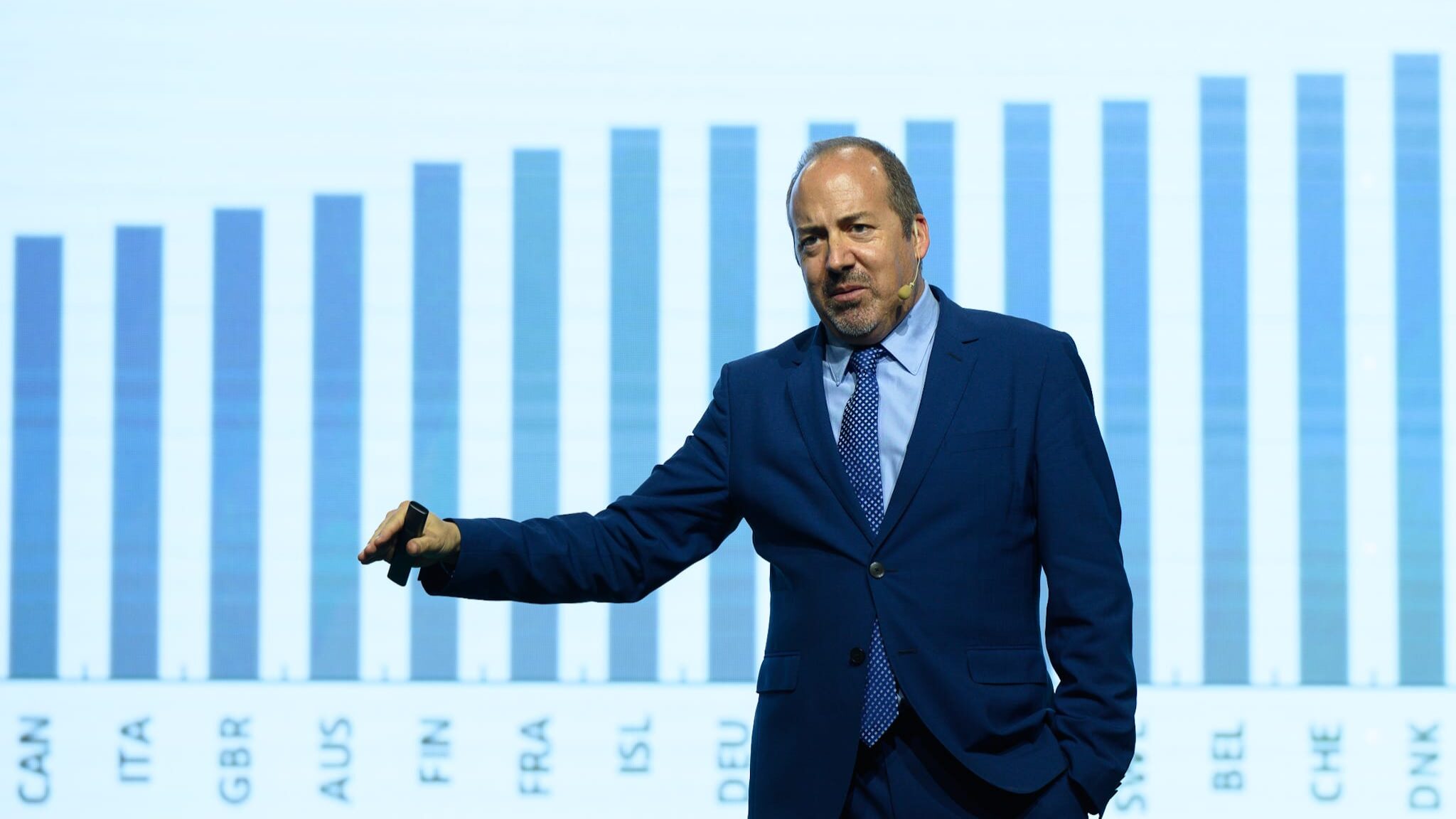Government says EU-US trade deal will bring “stability”
"The EU-US trade agreement brings predictability and stability by promoting constructive trade cooperation”, the Ministry of Foreign Affairs said in a statement.
Portugal said on Monday that the trade agreement reached on Sunday between the United States and the European Union (EU) “brings stability”, and it advocates the removal of barriers to trade with the US, while promising support for national companies.
“The EU-US trade agreement brings predictability and stability by promoting constructive trade cooperation”, the Ministry of Foreign Affairs said in a statement sent to Lusa.
The Portuguese government “welcomes and thanks” the European Commission “for its commitment to achieving this platform for stabilising trade relations”.
While awaiting “detailed knowledge of the terms and impact” of the agreement, the government stresses that it has safeguarded “some critical points”.
“In any case,” the ministry led by Paulo Rangel stressed, “the freedom of trade stands unmatched”.
“It is therefore essential that the EU and Portugal continue fighting for the progressive reduction and elimination of customs duties and equivalent barriers to trade with the US, as well as with other trading partners”, the foreign ministry statement said.
The government, led by Luís Montenegro (PSD/CDS-PP), promises to support Portuguese companies.
“Within this new framework, Portuguese companies can count on the full cooperation of the Portuguese government to enhance positive outcomes and facilitate access to new markets”, it adds.
The government also reaffirmed the importance of the 27 promoting “new free trade agreements” and “accelerating the entry into force of those already negotiated, namely Mercosur”.
The trade agreement announced on Sunday in Turnberry, Scotland, by US President Donald Trump and European Commission President Ursula von der Leyen sets US customs tariffs on European products at 15%.
The agreement also provides for a commitment by the European Union (EU) to purchase US energy worth approximately $750 billion (around €642 billion), aimed in particular at replacing Russian gas, as well as an additional investment of $600 billion (€514 billion), along with increased military equipment purchases.
The two major trading powers exchange around €4.4 billion in goods and services every day, and Washington had threatened to impose 30% customs tariffs on all European imports from 1 August.




